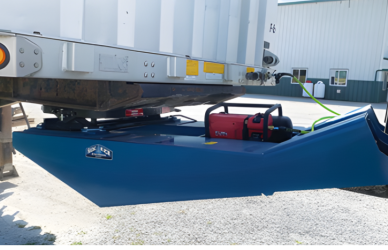The Federal Motor Carrier Safety Administration (FMCSA) is alerting commercial drivers to an important date that could impact their licenses. Over 178,000 holders of commercial driver’s licenses (CDLs) and commercial learner’s permits (CLPs) may face revocation of their driving privileges.
Starting November 18, state driver licensing authorities will be mandated to revoke the CDL or CLP privileges of individuals listed as “prohibited” in the FMCSA’s Drug and Alcohol Clearinghouse. To regain these privileges, affected drivers must meet “return-to-duty requirements.”
The FMCSA’s updates to the Clearinghouse rules were implemented in two phases. The first phase, effective from 2020, obligated employers to check the Clearinghouse for drug and alcohol violations among current and potential employees before allowing them behind the wheel of a commercial vehicle. Employers must also perform annual checks on current employees.
The second phase enforces state driver licensing agencies to:
- Access the Clearinghouse before issuing, renewing, upgrading, or transferring CDLs and before issuing or upgrading CLPs.
- Examine a driver’s records upon receiving notification from FMCSA about a status change in the Clearinghouse.
FMCSA asserts that this rule “will improve the enforcement of the current driving prohibition by requiring that states refrain from issuing, renewing, transferring or upgrading the CLP or CDL of affected drivers.”
According to the September 2024 Clearinghouse Report, 178,839 CLP and CDL holders currently have a prohibited status, with 136,224 yet to initiate the return-to-duty process.
After the November 18 compliance deadline, drivers maintaining a prohibited status may face fines or other obligations imposed by the state of their CDL issuance before resuming their commercial driving rights.
It’s crucial to understand that the compliance date signifies when states must adhere to the new rule, not necessarily when they will start downgrading licenses. States with legislative permission can voluntarily query the Clearinghouse and downgrade the licenses of prohibited drivers before the official compliance date.
The CMCI, part of the Owner-Operator Independent Drivers Association’s drug and alcohol consortium, notes that states such as Alabama, Arkansas, Illinois, Indiana, North Carolina, and Texas have already initiated this process.
Source: Land Line











